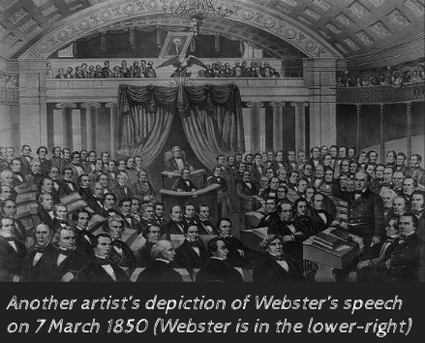



Surveying the region's history from the Louisiana Purchase through the closing of the frontier, Brands ably recounts the stories of individuals such as Thomas Jefferson, who was both thrilled and alarmed by the immensity of this newly acquired territory the merchant John Jacob Astor, whose attempt to gain control of the Pacific Northwest's fur trade collapsed in an orgy of violence between his agents and local Native Americans and the missionaries Marcus and Narcissa Whitman, who ventured to Oregon to proselytize to the indigenous people but were brutally murdered by members of the Cayuse tribe, who blamed them for the lethal spread of measles. University of Texas historian Brands (Heirs of the Founders) argues convincingly that the reality of the American West was very different than the way it was mythologized: as the epitome of the nation's frontier spirit, where the individual could ignore the rules of government and society and, ideally, strike it rich. The West was where riches would reward the miner's persistence, the cattleman's courage, the railroad man's enterprise but El Dorado was at least as elusive in the West as it ever was in the East.īalanced, authoritative, and masterfully told, Dreams of El Dorado sets a new standard for histories of the American West. He shows how the migrants' dreams drove them to feats of courage and perseverance that put their stay-at-home cousins to shame-and how those same dreams also drove them to outrageous acts of violence against indigenous peoples and one another. He takes us from John Jacob Astor's fur trading outpost in Oregon to the Texas Revolution, from the California gold rush to the Oklahoma land rush. Brands tells the thrilling, panoramic story of the settling of the American West.

"Epic in its scale, fearless in its scope" (Hampton Sides), this masterfully told account of the American West from a two-time Pulitzer Prize finalist sets a new standard as it sweeps from the California Gold Rush and beyond.


 0 kommentar(er)
0 kommentar(er)
